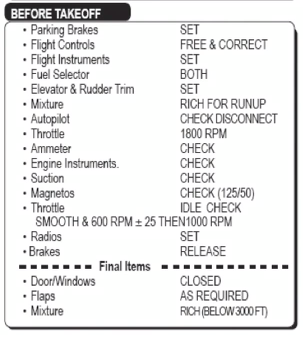by Kim Keller
Sometimes things are not as complicated as they may seem to be. Yet the issues surrounding healthcare seem pretty complicated to me.
That’s why it was both interesting and refreshing to hear Atul Gawande — surgeon, Harvard professor, writer and journalist — eloquently discuss how we can “heal medicine” in his inspiring and hopeful TED Talk.
Gawande believes our country’s conversation about healthcare has turned into a political debate that focuses on who’s at fault — the government or the insurance companies. But “it’s deeper than all of that,” he explains. “The cause of our troubles is actually the complexity that science has given us.”
By which he means, we have amazing technologies and medicines and doctors, but what we don’t have is a system to pull it all together.
Gawande likens this to creating a car with “the very best car parts — Porsche brakes, a Ferrari engine, a Volvo body, a BMW chassis — and you put it all together, and what do you get? A very expensive pile of junk that doesn’t go anywhere. That’s what medicine can feel like sometimes. It’s not a system.”
And creating a system can be rather difficult, in our highly evolved world of medicine, where doctors have all had to become specialists. It’s hard to see a patient’s journey from beginning to end, making detection of successes and problems — a key component of a system — rather challenging.
The World Health Organization asked Gawande and his team at Harvard to help find a solution to this problem: how do you reduce the rate of complications and deaths associated with surgeries? As Gawande explains, “The volume of surgery had spread around the world but the safety of surgery had not.”
More training seemed like an obvious cure, but “in surgery you couldn’t have people who are more specialized and you couldn’t have people better trained. And yet we see unconscionable levels of death, disability that could be avoided.”
So his team sought out other high-risk industries, such as aviation and high-rise construction, to find out how risk was minimized. Like hospitals, they had technology and they had training. But they had something else: they had checklists.
Not exactly what Gawande expected.
These checklists are not used to teach someone how to fly a plane, but instead to help an expert pilot deal with the complexity of his mission. A checklist helps the pilot remember “the key things that get forgotten or missed if they’re not checked.” They use a checklist like this for a single-engine plane:
Gawande’s team asked the lead safety engineer at Boeing, “Could we design a checklist for surgery? Not for the lowest people on the totem pole, but the folks who were all the way around the chain, the entire team, including the surgeons?”
With design ideas from Boeing, Gawande’s team created this checklist, with reminders for the entire surgical team to note before anesthesia, before the incision, and before a patient leaves the operating room.
The surgery checklist they created was put into practice in eight hospitals around the world, from Tanzania to New Zealand to the US. The result? “We found that, after they adopted it, the complication rates fell 35% in every hospital it went into; the death rates fell 47%. This was bigger than a drug,” says Gawande.
There is no doubt that these numbers are compelling, and yet, implementation — another key aspect of a system — has been met with resistance. Transforming a “cowboy” culture (as Gawande calls it), which reveres self-reliance and independence, into a culture focused on discipline and teamwork, is not easy to do.
And so you may be wondering, well, that’s interesting, Kim, but what does this have to do with me? I’m neither a doctor nor a hospital administrator. What role can I possibly play?
We all have the same responsibility to raise awareness. After all, that’s one of the primary reasons we created In Care of Dad, to spread the word that we all need to get involved and work to keep our loved ones safer and healthier.
It’s that simple. Advance the conversation on medical safety. Keep the issue on everyone’s radar.
Kim Keller is the Co-Founder of In Care of Dad. She lives and works in New York City.







